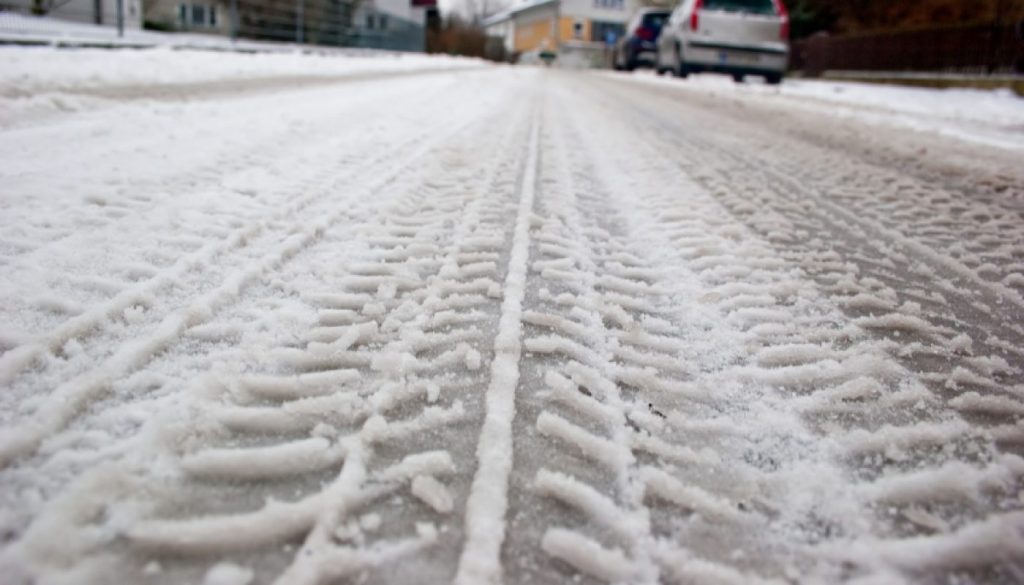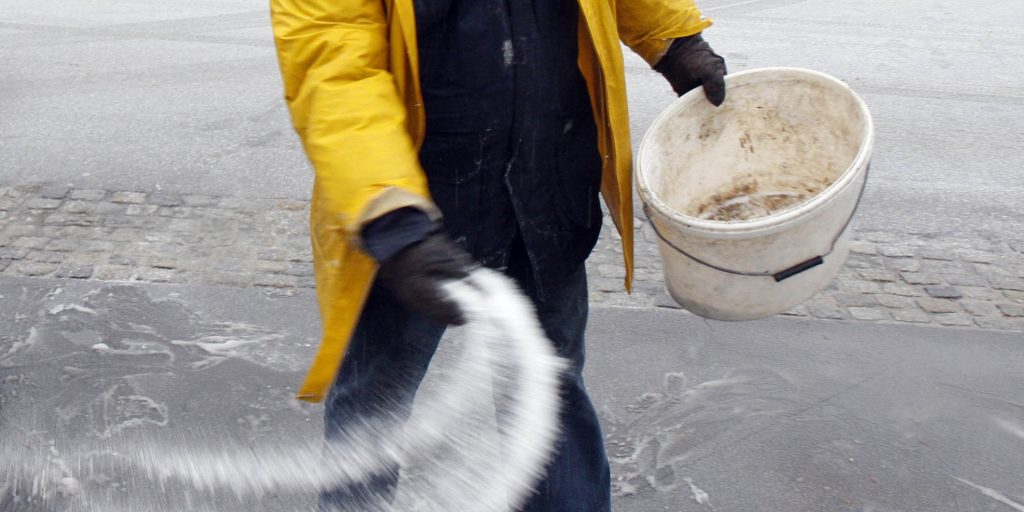Why Rock Salt Is A Preferred Treatment For Icy Highways
As cold weather takes hold, icy roads become a common concern for commuters and highway authorities alike. The safety of the driving public is paramount, and various methods are used to combat the treacherous icy conditions. Rock salt for snow is a fast-acting solution for removing light snow from surfaces. Rock salt is often used to melt snow and ice on roads and sidewalks during winter. It helps to create a safer environment by reducing the risk of slipping and falling on icy surfaces.
One such method is the use of Halite. Join us as we explore why Halite is a preferred treatment for icy highways.

Halite: The Icy Highway Combatant
- What Is Table Salt?
It is, also known as halite, is essentially the mineral form of sodium chloride. It’s sourced from either seawater through evaporation or from salt mines. Because of its unique properties, it has become one of the most commonly used materials for tackling icy road conditions.
The Science Behind Melting Ice
How exactly does Halite work its magic? Let’s delve into the science behind it.
- Lowering the Freezing Point of Water: When Halite is applied to ice, it lowers the freezing point of water, a process known as freezing point depression. By causing the ice to melt at a lower temperature, Halite turns what would have remained solid ice into a liquid, or at least slush, making the surfaces safer for drivers and pedestrians.
- It’s All About the Interaction: Once spread over the ice, the rock salt begins to dissolve into the thin layer of water present on the ice’s surface. This process creates a salt-water mixture, which in turn lowers the freezing point of the surrounding ice, effectively breaking it up and preventing further ice from forming.
Why Halite Is Preferred
Do other materials help in melting ice? Sure! However, Halite remains a go-to choice for many. Here’s why.
- Cost-Effective And Abundant
One of the reasons Halite is so commonly used is its affordable cost. Compared to other deicers such as calcium chloride or magnesium chloride, rock salt is relatively inexpensive while maintaining effectiveness. Additionally, it’s widely available, making it a convenient solution for many governments and businesses tasked with keeping icy highways navigable.
- Easy To Spread
Halite granular structure makes it easy to spread using various tools and equipment. While it’s typically dispersed by large trucks on highways, it can also be easily spread using handheld tools for smaller areas such as driveways or sidewalks.
Conclusion
When winter rolls around, icy highways become one of the more significant challenges faced by road authorities. Thanks to science and the readily available Halite, however, we have an affordable and efficient solution to combating this issue. Yet, as we strive for a sustainable future, it’s vital to continue exploring environmentally friendly alternatives to ensure both safe roads and a safe planet. Stay safe and warm this winter!


